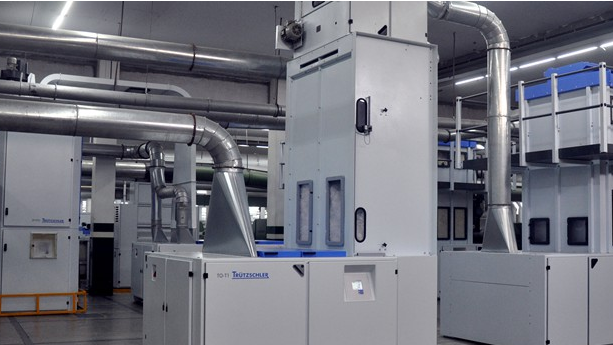In recent years, Brazil has witnessed arrival of a growing number of migrants from other countries in Latin America and Africa. The new project aims at transforming the management structure of the textile and clothing production chain by highlighting the strategic importance of risk prevention that arise from the exploitation of the labour force of vulnerable populations, especially the migrant population, Abit said in a release.
Brazilian textile and clothing industry is among the largest in the world, employing millions of people. And as in all industries, it is necessary to take specific actions to implement decent work agenda. Hence, the in addition to labour exploitation, the project would also address the lack of adequate health and safety conditions at work, the release added.
“This new partnership between the ILO and Brazil’s textile industry and retail sector will help the country promote socially and economically sustainable productive chains, generating decent work for workers in the sector,” said Peter Poschen, director of the ILO Office in Brazil, during the signing ceremony in São Paulo.
Abit’s president, Fernando Pimentel, pointed out that “Abit has been working in partnership with various national and international agencies and institutions to curb this practice of human exploitation in our production and distribution chain, which is intolerable for damages that cause the people subjected to this situation”. According to him, this is a complex framework, with a regional and international scope, requiring coordinated actions by public and private agents to eliminate the problem worldwide.
“So we have stated that if the market is global, the modes of production must also be more and more globalised, with standards to be followed by all countries and producers. Unfair competition and the lack of common rules are incentives for an inconceivable mode of production for human dignity,” he added.
Created in 1999, the Decent Work concept synthesises ILO’s historic mission of promoting opportunities for men and women to achieve productive and quality work in conditions of freedom, equity, security and human dignity

Leave a Reply
You must be logged in to post a comment.